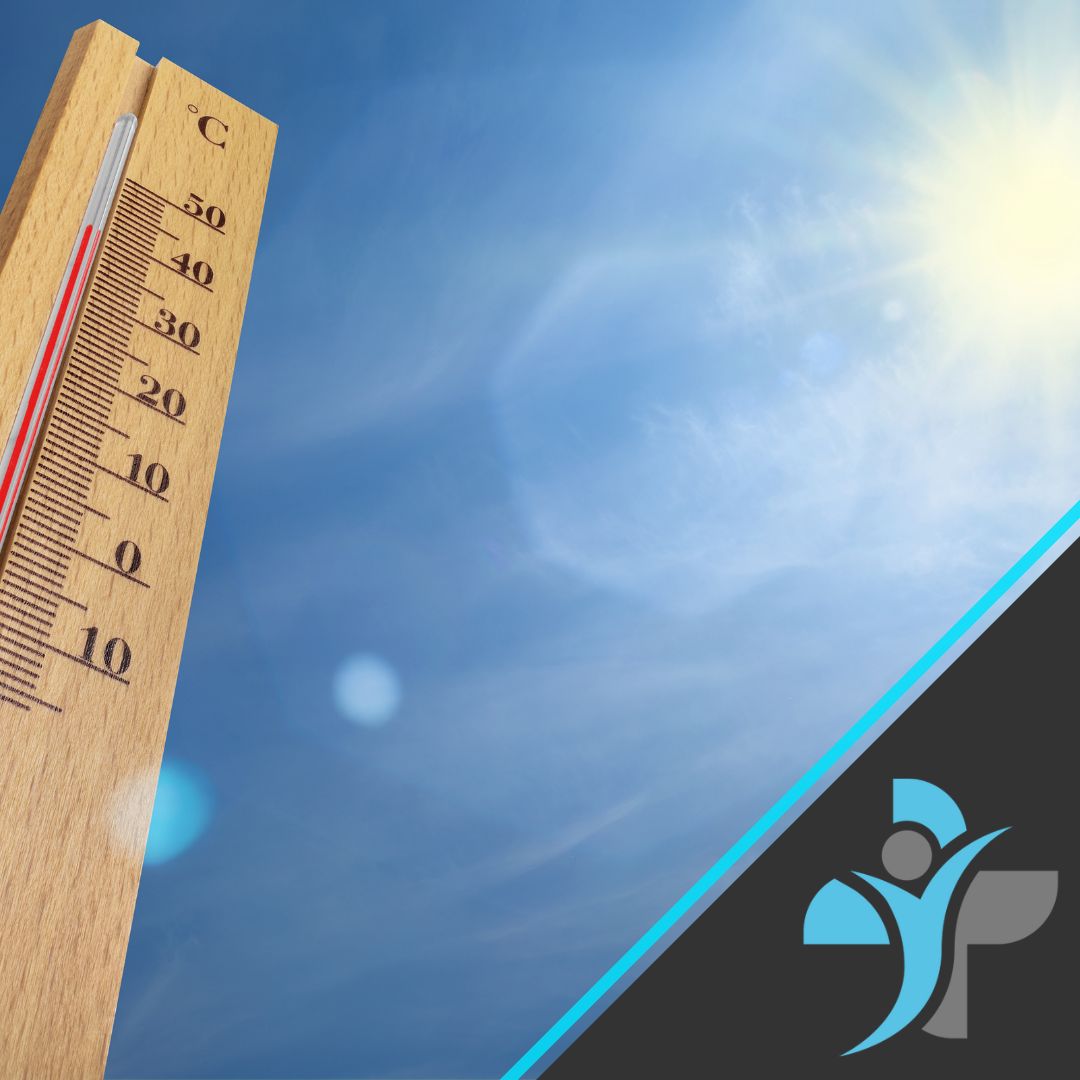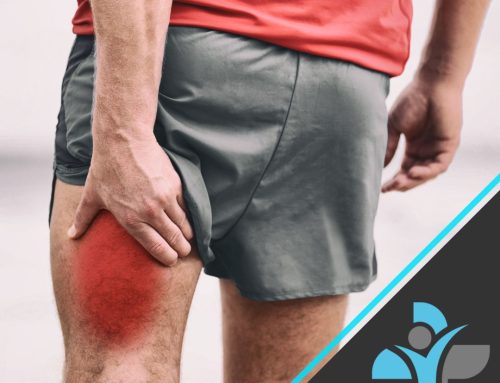
Exercising in the heat
Exercising in hot weather can present a number of challenges for athletes and fitness enthusiasts alike. While the heat can provide an added cardiovascular challenge, it also requires careful consideration of fluid balance and hydration to ensure safe and effective performance. In this article, we will explore the science behind exercising in the heat, the benefits and risks associated with this type of exercise, and the best practices for staying hydrated and safe when engaging in physical activity in warm or hot weather.
The Science of Exercising in the Heat
Exercising in the heat places additional stress on the body due to the increased workload required to regulate internal body temperature. This can result in increased sweating and fluid loss, leading to dehydration and other heat-related conditions.
In order to regulate body temperature, the body must transfer heat from the internal environment to the external environment. This is accomplished through sweating, which is facilitated by the sweat glands in the skin. The evaporation of sweat from the skin helps to cool the body and maintain internal temperature. However, this also results in fluid loss that must be replaced to prevent dehydration.
For athletes and fitness enthusiasts, exercising in the heat can offer several benefits, including:
- Improved cardiovascular fitness: Exercising in hot weather can provide a more challenging cardiovascular workout, helping to improve overall fitness and endurance.
- Increased calorie burn: The body must work harder to regulate internal temperature in hot weather, resulting in an increased calorie burn during exercise.
- Improved heat adaptation: Regular exercise in hot weather can help the body to adapt and become more efficient at regulating internal temperature, improving performance in warm conditions.
While there are benefits to exercising in the heat, it is important to be aware of the associated risks, including:
- Dehydration: The increased fluid loss from sweating can result in dehydration, which can negatively impact performance and increase the risk of heat-related conditions.
- Heat exhaustion: Symptoms of heat exhaustion can include dizziness, headache, and fatigue, and can result from dehydration and overheating.
- Heat stroke: In severe cases, heat exhaustion can progress to heat stroke, which is a life-threatening condition characterized by a high body temperature, confusion, and unconsciousness.
Prevention
To ensure safe and effective performance when exercising in the heat, it is important to follow the best practices:
- Hydrate before and during exercise: Adequate hydration before and during exercise is essential to prevent dehydration and related heat-related conditions.
- Wear appropriate clothing: Lightweight, breathable clothing can help to regulate internal temperature and prevent overheating.
- Exercise at cooler times of day: Exercising in the early morning or late evening, when temperatures are cooler, can help to reduce the risk of heat-related conditions.
- Gradually acclimate to the heat: Gradually increasing exposure to hot weather over several days can help the body to adapt and become more efficient at regulating internal temperature.
- Monitor for symptoms of heat-related conditions: Pay attention to symptoms such as headache, dizziness, and fatigue, and seek medical attention if these symptoms persist or worsen.
In conclusion, exercising in the heat can provide a more challenging workout and improve cardiovascular fitness, but it also requires careful consideration of fluid balance and hydration to ensure safe and effective performance. By following the best practices outlined above, athletes and fitness enthusiasts can enjoy the benefits of exercising in hot weather while minimizing the risks associated with this type of exercise.
If you would like to get in touch with one of our exercise professionals, you can reach us via email info@livewellhealth.co.uk or give us a call on 0330 043 2501.



